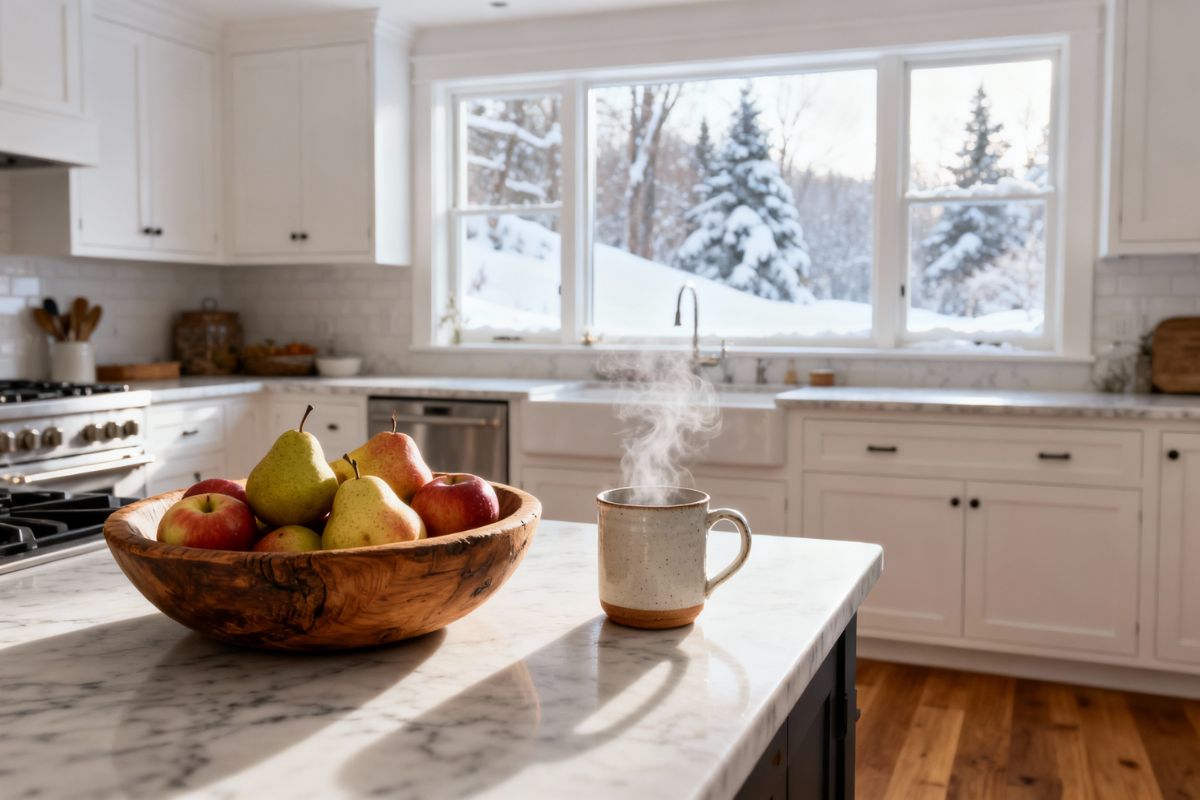Tiny Home Real Estate Value – What You Need to Know

Tiny homes have become a popular lifestyle choice, thanks to shows like Tiny House, Big Living and Tiny House Nation. They’re not only a lot less expensive than traditional properties, but they also offer other financial benefits.
Although they’re gaining popularity, tiny homes don’t typically appreciate in value the same way that traditional houses do. However, they can be a good investment if you’re smart about it.
Challenges of Owning a Tiny Home
Although tiny homes can be an excellent way to save energy and reduce your carbon footprint, there are a few challenges that you should be aware of before you decide to purchase one. Knowing what you can expect can help you adjust to your new lifestyle more easily and enjoy your tiny home to the fullest.
One of the main challenges that people face when trying to own a tiny home is zoning regulations. Many municipalities prohibit the construction of temporary housing structures.
However, there are plenty of ways to work around zoning laws and make your dream tiny home a reality. Tiny homes are illegal in some states, so inform yourself and learn how to comply with your state’s zoning laws while still living the tiny home lifestyle you’ve always wanted.
Benefits of Owning a Tiny Home
Tiny homes are a way to live more intentionally, simplifying your life and focusing on what matters most. They’re also a great option for people who want to avoid taking on debt, and save money by living within their means.
Many tiny home owners find they have more time and energy to devote to their work, hobbies, and relationships. This is because a tiny house is easier to maintain than a traditional sized home.
The smaller space in a tiny home also requires you to be more mindful of your purchases and consume less. This is good for the environment and helps you reduce your overall impact on the planet.
A tiny house can also save you money on utility bills. Because there is less space to heat and light, you don’t need as much electricity.
Because a tiny house has fewer appliances, you don’t need to spend as much on repairs and maintenance. This allows you to save more money on your monthly budget, which can be used for other things like travel and retirement savings.
Understanding Market Trends in Tiny Home Real Estate
Tiny homes are often a trendy choice among those seeking a simpler lifestyle. They're also popular with Airbnb renters looking for eco-friendly, experiential vacation homes.
However, it's important to understand that tiny homes aren't always as affordable or accessible as some proponents claim. In fact, Business Insider reports that they can be more expensive than full-sized homes in some locations.
The global tiny house market is expected to grow rapidly due to a variety of factors, including rising housing costs and increased demand from baby boomers and millennials for more affordable housing solutions. Technavio predicts that Northern America will be the fastest-growing region for the tiny home market during the forecast period.
Investors should research local regulations and incentives aimed at promoting sustainable living and affordable housing to maximize their return on investment. They should also be fully compliant with zoning laws and building codes to avoid costly penalties and potential legal issues. They should focus on highlighting the unique aspects of their tiny home and its environmentally friendly features to attract prospective renters who value these qualities.
How Location Affects Tiny Home Value
Tiny homes are a growing trend in the housing market. They’re a way to simplify your life and live more sustainably. They also give you more freedom from a big mortgage or expensive rent.

Many people choose to downsize from their larger homes to a tiny home because they want to get out of debt, be more financially free and reduce their environmental footprint. They’re also looking for a less stressful life with more time to focus on their priorities.
However, while tiny houses are a great option for some people, they may not be the best choice for others. In fact, they can actually depreciate over time compared to conventional homes.
One of the biggest factors that determines whether a tiny home will appreciate or depreciate in value is location. Ideally, a tiny house should be built on a permanent foundation and parked permanently on a piece of land with access to septic, sewer, water, gas, electric and other utilities.
Managing Maintenance and Repairs to Maximize Value
If you want to maximize your tiny home real estate dollar, you'll need to know how to manage your maintenance and repairs. A well-executed maintenance program can improve asset longevity and lower operational costs.
A good maintenance management program combines CMMS (computerized maintenance management system) software with a solid process and a dedicated team to keep your equipment in tip-top shape.
One of the best ways to achieve this is to implement a preventative maintenance strategy. A proactive approach enables managers to avoid the most common equipment failures that lead to downtime and increased production losses.
A properly executed maintenance plan can also save money in the long run by eliminating downtime and reducing energy usage. It is important to note that not all maintenance programs are created equal.
A balanced maintenance strategy focuses on the most critical assets and uses preventative methods where applicable and reactive methods when needed. The best way to implement the maintenance plan is to establish a company culture that prioritizes the health of all your fixed assets.
Financing Options for Tiny Homes
If you’re looking to finance a tiny home, there are options available. Tiny home manufacturer financing, personal loans, peer-to-peer lending programs, and RV loans may all be worth considering.
Some of these types of financing may carry higher interest rates than a traditional mortgage, but they are a great option if you can’t qualify for a conventional loan. Some of these loans also require a good credit score, so it’s important to review your credit before applying for one.
Alternatively, you could get a land mortgage to buy a lot or acreage that you plan to build your tiny home on. However, you’ll need to factor in zoning laws that may stand in the way of building your tiny house on the property.
Depending on your lifestyle, you may opt to place your tiny home on a lot and never move it, or you may want to embrace mobile living and use it as an RV or camper. Regardless of your decision, you should carefully budget for the monthly loan payments.
Popular Tiny Home Communities Around the U.S.
A growing number of people are choosing to live in tiny homes for a variety of reasons. Some people want to keep their costs down, while others opt for a greener lifestyle. These communities are popping up around the country and offer a variety of amenities, from clubhouses to community gardens.
One of the most popular tiny home communities is Park Delta Bay in Northern California. Its residents enjoy a country club, fishing docks, tennis courts and other amenities.
Another popular community is Orlando Lakefront in Florida, which is a 1950s RV park that has rebranded as a tiny house community. It charges monthly rent for a spot to park your tiny home and hook up to utilities.
Many of these communities provide a range of amenities, including community gardens, fire pits, dog parks and fitness centers. They also offer a chance to meet other small home owners and enjoy the benefits of a smaller lifestyle.
Some tiny home communities target older adults, while others focus on minimalist living and green building. Regardless of your lifestyle, there is a tiny home community out there that will fit your needs and goals.
Final Words
Understanding the real estate value of tiny homes is imperative for today's home buyers and sellers. When it comes to real estate, size doesn't always matter. Tiny homes offer unique benefits and features that conventional homes cannot, which can significantly increase their value. Whether you're a buyer looking to invest in a minimalist, mobile tiny home or a seller looking to maximize profits on your tiny home sale, understanding tiny home real estate value is essential.
By considering location, features, customization, and functionality, buyers and sellers can determine a fair price point for tiny homes. Factors like zoning restrictions, land ownership, and mortgage options can play a significant role in tiny home real estate value.
Understanding the real estate value of tiny homes not only benefits buyers and sellers but also helps investors and industry professionals comprehend the true value of this growing trend. It's important to keep in mind that while tiny homes may be small in size, they offer endless possibilities and opportunities for those who appreciate their minimalism and comfort.
So if you're interested in tiny homes or real estate, take the time to learn more about this exciting and unique segment of the market. With the right knowledge and guidance, you can unlock the true potential of tiny homes and make the most out of this innovative housing option.






.jpg)


.jpg)